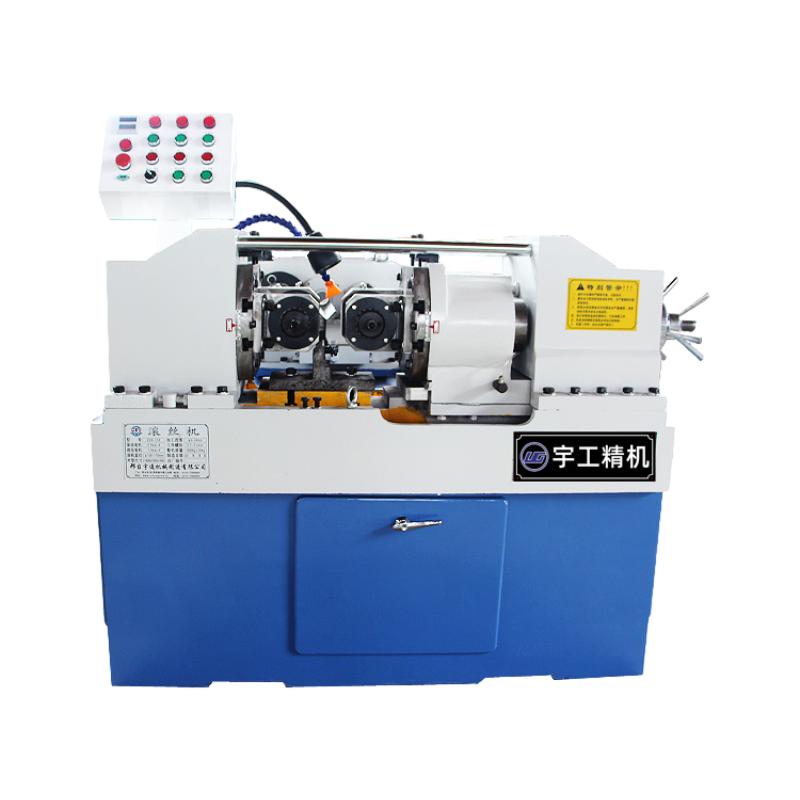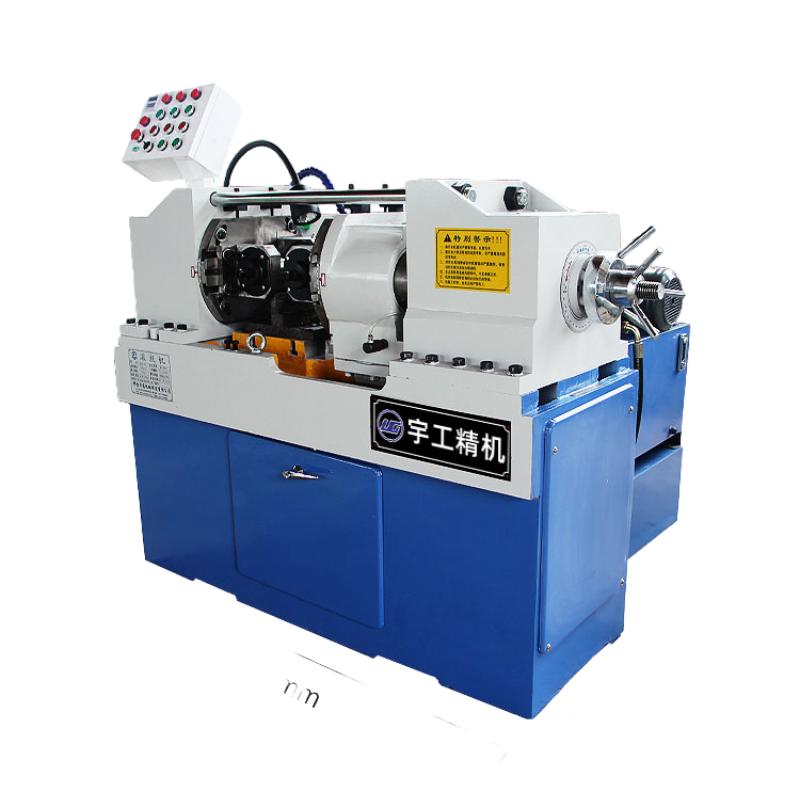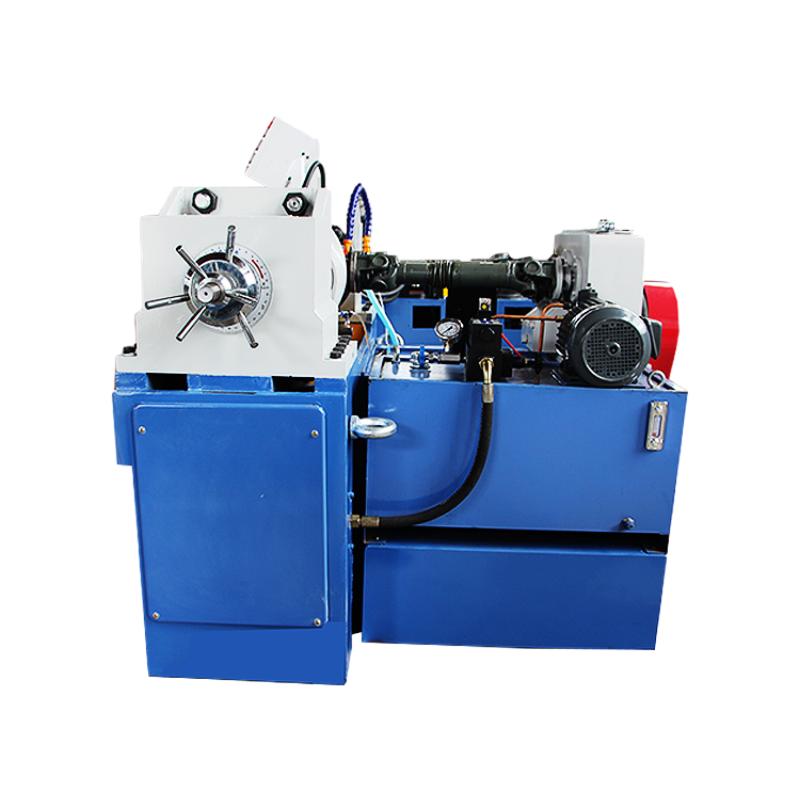
-
 Afrikaans
Afrikaans -
 Albanian
Albanian -
 Amharic
Amharic -
 Arabic
Arabic -
 Armenian
Armenian -
 Azerbaijani
Azerbaijani -
 Basque
Basque -
 Belarusian
Belarusian -
 Bengali
Bengali -
 Bosnian
Bosnian -
 Bulgarian
Bulgarian -
 Catalan
Catalan -
 Cebuano
Cebuano -
 Corsican
Corsican -
 Croatian
Croatian -
 Czech
Czech -
 Danish
Danish -
 Dutch
Dutch -
 English
English -
 Esperanto
Esperanto -
 Estonian
Estonian -
 Finnish
Finnish -
 French
French -
 Frisian
Frisian -
 Galician
Galician -
 Georgian
Georgian -
 German
German -
 Greek
Greek -
 Gujarati
Gujarati -
 Haitian Creole
Haitian Creole -
 hausa
hausa -
 hawaiian
hawaiian -
 Hebrew
Hebrew -
 Hindi
Hindi -
 Miao
Miao -
 Hungarian
Hungarian -
 Icelandic
Icelandic -
 igbo
igbo -
 Indonesian
Indonesian -
 irish
irish -
 Italian
Italian -
 Japanese
Japanese -
 Javanese
Javanese -
 Kannada
Kannada -
 kazakh
kazakh -
 Khmer
Khmer -
 Rwandese
Rwandese -
 Korean
Korean -
 Kurdish
Kurdish -
 Kyrgyz
Kyrgyz -
 Lao
Lao -
 Latin
Latin -
 Latvian
Latvian -
 Lithuanian
Lithuanian -
 Luxembourgish
Luxembourgish -
 Macedonian
Macedonian -
 Malgashi
Malgashi -
 Malay
Malay -
 Malayalam
Malayalam -
 Maltese
Maltese -
 Maori
Maori -
 Marathi
Marathi -
 Mongolian
Mongolian -
 Myanmar
Myanmar -
 Nepali
Nepali -
 Norwegian
Norwegian -
 Norwegian
Norwegian -
 Occitan
Occitan -
 Pashto
Pashto -
 Persian
Persian -
 Polish
Polish -
 Portuguese
Portuguese -
 Punjabi
Punjabi -
 Romanian
Romanian -
 Russian
Russian -
 Samoan
Samoan -
 Scottish Gaelic
Scottish Gaelic -
 Serbian
Serbian -
 Sesotho
Sesotho -
 Shona
Shona -
 Sindhi
Sindhi -
 Sinhala
Sinhala -
 Slovak
Slovak -
 Slovenian
Slovenian -
 Somali
Somali -
 Spanish
Spanish -
 Sundanese
Sundanese -
 Swahili
Swahili -
 Swedish
Swedish -
 Tagalog
Tagalog -
 Tajik
Tajik -
 Tamil
Tamil -
 Tatar
Tatar -
 Telugu
Telugu -
 Thai
Thai -
 Turkish
Turkish -
 Turkmen
Turkmen -
 Ukrainian
Ukrainian -
 Urdu
Urdu -
 Uighur
Uighur -
 Uzbek
Uzbek -
 Vietnamese
Vietnamese -
 Welsh
Welsh -
 Bantu
Bantu -
 Yiddish
Yiddish -
 Yoruba
Yoruba -
 Zulu
Zulu
Agosti . 05, 2025 05:20
Back to list
Precision Thread Rolling Tools w/ GPT-4 Turbo Tech
Automatic nut and bolt threading rod thread rolling machine offers high precision, efficiency, and robust thread forming capabilities for nuts, bolts, rods, and pipes. Discover cutting-edge thread rolling tool solutions for modern manufacturing.
1. What is a Thread Rolling Tool?
Thread rolling tool is a specialized instrument for cold forming external threads on components such as bolts, rods, and pipes, by plastically deforming metal rather than cutting it. This leads to higher strength, fatigue resistance, and superior surface finish. Key machine variations include flat die thread rolling machine, small thread rolling machine, and hydraulic thread rolling machine, each tailored for distinct thread diameters, production scales, and industry requirements.

Fig 1: Automatic Nut and Bolt Threading Rod Thread Rolling Machine overview.
2. Industry Trends: Evolution and Market Data
- Global thread rolling machine market is projected to reach $912 million by 2028, with a CAGR of 4.3% (Ref: MarketsandMarkets).
- Hydraulic thread rolling machine segment dominates due to adaptability in energy, petrochemical, and auto sectors.
- Emerging trend: Automatic, servo-driven thread rolling solutions for enhanced precision and labor cost reduction.
- Key drivers: High-volume fastener manufacturing, quality consistency, and stricter ISO/ANSI compliance.
3. Core Technical Parameters of Thread Rolling Tools
| Parameter | Flat Die Thread Rolling Machine | Small Thread Rolling Machine | Hydraulic Thread Rolling Machine |
|---|---|---|---|
| Thread Diameter (mm) | 6–42 | 2–16 | 8–64 |
| Max Rolling Force (kN) | 100–350 | 40–110 | 120–450 |
| Suitable Material | CS, SS, Alloy Steel | Brass, Al, SS | CS, HSLA, Inconel |
| Thread Pitch (mm) | 0.5–6 | 0.25–2.5 | 0.8–8 |
| Thread Length (mm) | 6–120 | 3–50 | 8–400 |
| Rolling Speed (pcs/min) | 60–180 | 70–250 | 30–120 |
| Standard Compliance | ISO 9001, ANSI B1.1 | ISO 898, JB/T 4002 | ISO 9001, DIN 976 |
4. Process Flow: How is a Thread Rolling Tool Manufactured?

Fig 2: Thread Rolling Tool Manufacturing Flow—From Material Selection to Finishing.
Key Nodes: Raw steel is forged and heat-treated for desired hardness » Precision shaping via CNC machining (ensures thread profile accuracy) » Surface grinding/polishing for durability » Final dimensional and metallographic inspection (ISO/ANSI/JB standards).
5. Technical Advantages of Thread Rolling Tool Solutions
- Material: Premium alloy steel (e.g., CrMoV, HSS) with surface hardness up to HRC 62–66.
- Manufacturing: Combination of induction hardening, CNC contouring, and cryogenic stabilization to minimize micro-cracks.
- Surface Finish: Achieves Ra 0.4–0.8 μm, reducing friction and extending die/tool life.
- Inspection: 100% quality check under ISO 9001:2015 and ANSI B1.1/B1.13M standards; full traceability.
- Enhanced Strength: Thread rolling induces compressive stresses, substantially increasing fatigue resistance (by up to 40% over cut threads—Industrial Fasteners Institute, 2023 Study).
- Corrosion and Wear Resistance: Optional coatings (TiN, CrN) and nitriding extend lifespan, especially in petrochemical and offshore applications.

Fig 3: Hydraulic Thread Rolling Machine for large diameter fastener production.
6. Automatic Nut and Bolt Threading Rod Thread Rolling Machine: Core Specifications
| Feature | Specification |
|---|---|
| Available Thread Diameter | 4–36 mm |
| Thread Range | M4–M36 (Metric) |
| Rolling Speed | 50–200 pcs/min |
| Rolling Force | 80–250 kN |
| Feed System | Automatic feeder |
| Controller | PLC + Servo Motor |
| Operator Interface | Touch screen (HMI) |
| Compliance | ISO 9001, CE Mark, ANSI B1.1 |

Fig 4: Rolling process—Flat die thread rolling tool producing precision metric threads.
7. Factory-Direct Customization & Industry Application Cases
- OEM Customization: Tailoring thread rolling tool modules for special thread profiles (UNF, UNC, trapezoidal) and extreme alloys (Inconel, titanium).
- Materials Served: Carbon Steel (EN8, EN19), Stainless (304, 316), Brass, Al alloys, Superalloys.
- Application Industries: Petrochemical, Metallurgy, Municipal pipe, Water works, Construction, Automotive (fastener lines), Renewable energy (wind/solar fixing).
- Served Brands: Over 900 installations in 37 countries for clients including SANY Group, ArcelorMittal, US Steel, VinFast, Linde Engineering.
- Field Case: “A major steel foundry reported reducing thread failure rate by 60% and increasing throughput by 33% after integrating thread rolling tool lines with automated feeders.” (Industrial Forum)
Manufacturer Comparison – Key Indicators
| Company | Certs | Delivery Time | Warranty | Global Support |
|---|---|---|---|---|
| MOTE TOOLS (www.motetools.com) | ISO 9001, CE | 20–25 days | 18 months | Worldwide, 24h response |
| JBO Tools (DE) | ISO 9001 | 28–45 days | 12 months | Europe, Asia, Americas |
| LMT Fette (DE) | ISO 9001, DIN | 35–50 days | 12 months | Global |
| Senyo (JP) | ISO 14001, 9001 | 45–60 days | 12 months | APAC, EU |
Conclusion: Thread rolling tool solutions from MOTE TOOLS lead in warranty, delivery, and global technical support, ensuring operational reliability for industrial fastener production lines.
8. Experience: Real-World Feedback & Application Results
- “Switching to MOTE automatic hydraulic thread rolling machine boosted thread uniformity and decreased maintenance downtime by 44%.”
— Li Zheng, Chief Engineer, BaoSteel Pipes - “Our water mains project saved 17% on labor, thanks to integrated auto-feeding and flat die thread rolling tool workflow.”
— Juan Felix, Project Manager, Madrid Waterworks Corp. - “ISO-certified QC, detailed traceability records, and on-site commissioning support made supplier switch seamless.”
— I. Yamamoto, Maintenance Lead, Mitsubishi Urban Solutions
9. Delivery, Warranty, and Customer Support
- Lead Time: 20–25 working days (standard), express service available.
- Warranty: 18 months for all thread rolling tool models; extended warranty for select OEMs.
- Spare Parts: Shipped within 48h (tracking enabled).
- Support: 24/7 engineering hotline, online video diagnostics, remote programming assistance. On-site commissioning for contracts above $30K.
- Certifications: All products certified to ISO 9001:2015, ANSI B1.1/B1.3/B1.13M and CE Mark.
- QC & Reports: Full dimension/material certificate, third-party (SGS/TÜV) test available on request.
10. Frequently Asked Questions — Thread Rolling Tool Technologies
Professional FAQ
1. What are the optimal materials for thread rolling tools?
Most thread rolling tool dies are made from high-grade alloyed tool steels like DIN 1.3343 (M2 HSS), CrMoV, or cemented carbides. For corrosive environments, stainless steel or TiN-coated dies ensure durability.
2. What thread size range can be produced?
Depending on machine type—typically M2 to M64 (or ¼'' to 2½'' UNC). The Automatic nut and bolt threading rod thread rolling machine covers 4–36mm efficiently.
3. Which standards must thread rolling comply with?
Major standards: ISO 9001:2015 (QM system), ANSI B1.1/B1.3M (thread form), DIN 976, JB/T 4002, and CE Mark (EU safety). Calibration tools used must regularly be ISO 17025 certified.
4. What is the primary advantage of hydraulic thread rolling machines?
Hydraulic thread rolling machines offer precise, smooth force control, enabling the processing of tough alloys (titanium, Inconel) with minimal thread deformation and extended die lifespan.
5. What factors affect thread life and quality?
Key factors: Die material/hardness, proper lubrication, clean workpiece surface, and adherence to certified process parameters (rolling force, feed rate, speed). Frequent inspection per ISO 2859 ensures consistency.
6. How is maintenance handled for critical rolling tools?
Preventive maintenance involves regular cleaning, NDT crack inspection, lubrication of guides/bearings, thread/pitch calibration, and replacement every 120k–170k cycles or as per machine alerts.
7. Is customization possible for special thread forms (e.g., Acme, buttress)?
Yes. Both tool geometry and machine program can be adapted for Acme, buttress, trapezoidal, and other threads per customer drawings and industry standards. Profile grinding and EDM allow rapid prototyping.
11. References and Industry Resources
- Fastener Journal – Technology Advancements in Rolling Dies (2023)
- IndustrialForum.com – Thread Rolling Tool Application Case Study
- Cold Thread Rolling – Machine Parameter Effects (ResearchGate Journal)
- MOTE TOOLS: Automatic Nut and Bolt Thread Rolling Machine
- ScienceDirect: Wear Analysis in Thread Rolling Applications
Share:
Latest news
Thread Rolling Tool Selection Guide
NewsJul.29,2025
Thread Rolling Machine Working Principle and Applications
NewsJul.29,2025
Rebar Thread Rolling Machine for Construction Sites
NewsJul.29,2025
Precision Control in Bolt Thread Rolling Machines
NewsJul.29,2025
Nail Thread Rolling Machine Safety Features
NewsJul.29,2025
Flat Thread Rolling Machine Thread Profile
NewsJul.29,2025
